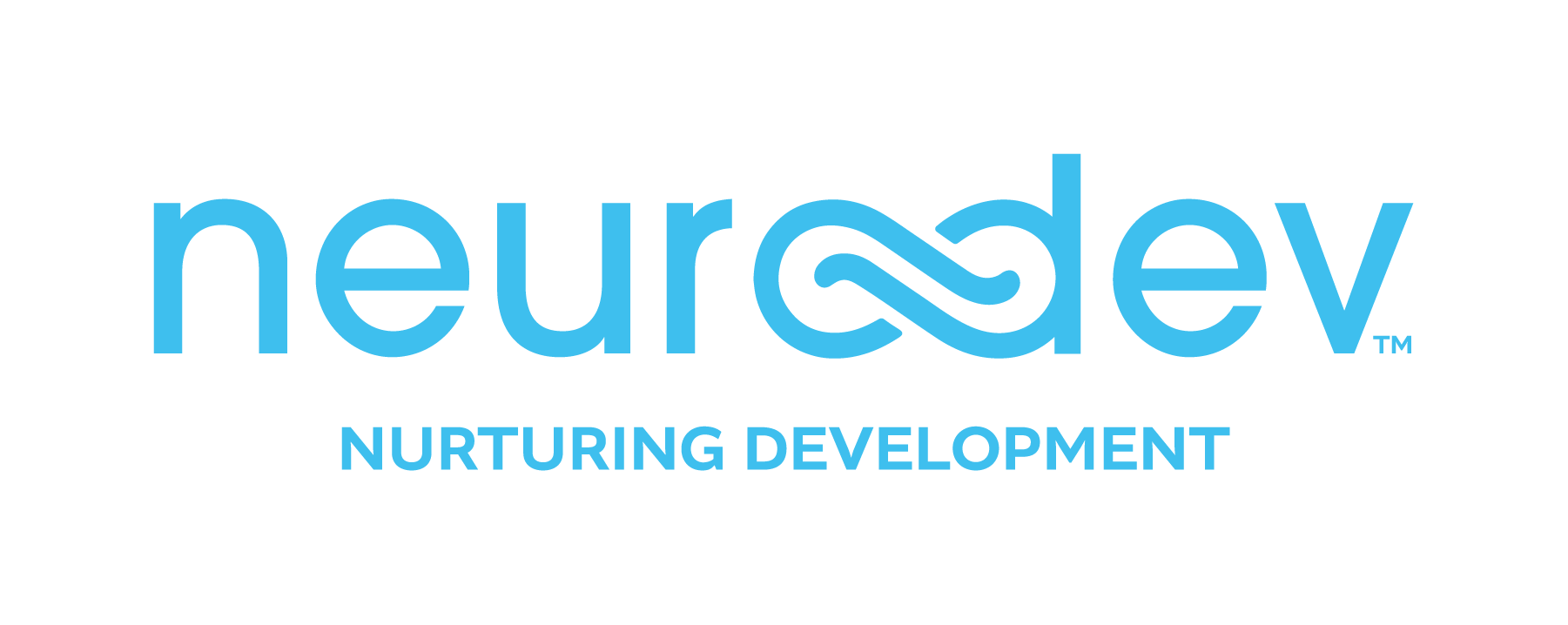Does “Just Do It” Really Exist?
Well, yes and no.
Just do it is a popular motivational sentiment. I’ve used it more than a few times, and I’d venture to say you have too. In fact, I use it to mean a lot of things. Here are a few:
- I could be talking with my wife about committing to something we’re dreading: “Okay, fine. Let’s just do it.”
- I might be trying to motivate myself: “C’mon. Just do it!”
- I use it when I’m trying to help my daughter do homework: “Hey, it’s not so hard; just sit down and do it for a few minutes.”
But is it really that simple? Does “just doing” help us solve our problems? When should we use it and when should we not?
Is It Really That Simple?
I think it is simple. I’ve never felt like “just doing” was more real than at the top of a popular jumping spot at Sand Hollow Reservoir. I remember staring down into the water below and telling myself to jump. My thought process went something like this:
It’s gonna be fine.
I didn’t jump.
It’s not that high (and it wasn’t).
I didn’t jump.
You have to show yourself you can push past this fear.
I felt committed but didn’t jump.
Okay. I’m just gonna do it.
And I jumped.
In the face of fear or adversity, I wanted to jump; and the “just do it” philosophy helped me see it through. It was a powerful thought, and it led me to action. As a result, I had some fun and built some character.
Some philosophers disagree. They argue it’s more complicated than just doing it. Well, it’s estimated that millions of neurons fire in the process of a single thought, so I can see where they’re coming from. And, for neurodivergent young adults, the effort involved in stopping everything else and starting to just do might especially justify that argument.
Still, can anyone take action without deciding to do it?
Simple Doesn’t Mean Easy.
I came across a quote not long ago on social media. Original authorship is attributed to Strangest Loop, and though I’m not familiar with the author, the quote is motivational gold:
Preparing to do the thing isn’t doing the thing.
Scheduling time to do the thing isn’t doing the thing.
Making a to-do list for the thing isn’t doing the thing.
Telling people you’re going to do the thing isn’t doing the thing.
Messaging friends who may or may not be doing the thing isn’t doing the thing.
Writing a banger tweet about how you’re going to do the thing isn’t doing the thing.
Hating on yourself for not doing the thing isn’t doing the thing. Hating on other people who have done the thing isn’t doing the thing. Hating on the obstacles in the way of doing the thing isn’t doing the thing.
Fantasizing about all of the adoration you’ll receive once you do the thing isn’t doing the thing.
Reading about how to do the thing isn’t doing the thing. Reading about how other people did the thing isn’t doing the thing. Reading this essay isn’t doing the thing.
The only thing that is doing the thing is doing the thing.
Put like that, it’s not complicated. A young child could explain it. But that doesn’t mean it’s easy. Hard is different from complicated, and our approaches should be different too.
So What Helps?
A good solution to complicated things is to solve and analyze. Our brains are incredible problem solvers. We benefit from an immense ability to observe patterns, make sense of them, and use those patterns to predict possible outcomes in the future. For complicated things, solving is a great approach.
Much like using a hammer to drive screws, solving isn’t a great approach to hard things. It postpones the thing. It frustrates us when the hard thing doesn’t become easier after expending so much mental effort.
Rather than solving, leaning into the hard thing can be beneficial.
Here are a few things I’ve learned from mentors that help me:
- Partner with somebody. “We’ve got this is much better than you’ve got this” (Kristi Shaw).
- Expedite the inevitable. Whatever must happen, get that done as fast as possible.
- If you’re overwhelmed by a task, get yourself right first. Get into a better mindset and approach the task from there (Jason Grygla).
At NeuroDev, we partner. We team up with somebody who knows more than we do, and we benefit from that quite a bit. That allows us to approach complex problems and solve them, and especially to look at hard challenges and just do them.
So, should we talk about it more? Or should we “just do it?”
